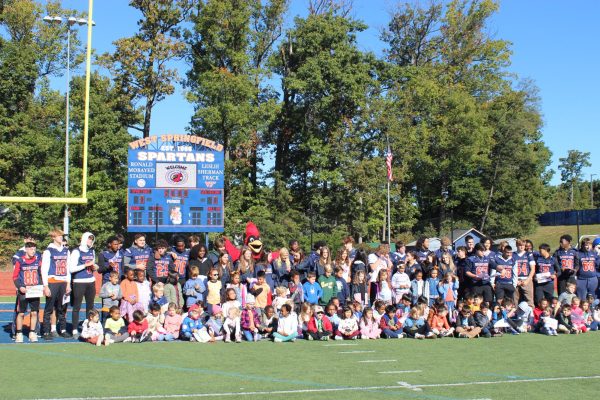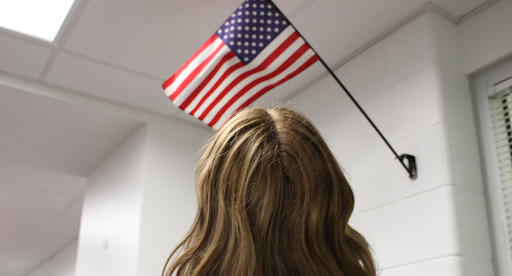Capstone activities focus on government classes
Capstone: Some are eager to make a change in their community and others roll their eyes and grudgingly complete the bare minimum. But when it comes down to it, is the service learning requirement for seniors actually beneficial to WS students?
The answer is yes, but only for the students who are interested in fulfilling their civic duty. These students make up a mere fraction of our school, and sadly, the majority of students see Capstone as a burden approaching senior year. It’s a shame to think that most of us are losing sight of what the purpose is.
“In general, it’s not as beneficial because some people aren’t putting forth full effort or doing projects they enjoy,” said senior Michelle Lipka.
The original concept for Capstone, starting in the 2007-2008 school year, was implemented to provide students with a creative way to give back to their community, but what the administration found was that only a minuscule percentage of students actually put forth the creative effort towards the service learning project.
“For any project some kids just go through the motions,” said English teacher Jenny Goransson, “but some have life changing experiences [after completing their service learning].”
With the students’ apathy in mind, John Thorson and those involved with the civic awareness of WS have sought to improve the Capstone project every year. The initial model of Capstone focused on the English and government classes equally, with each doing small assignments throughout the year, which resulted in some overlap.
“We found that way to be redundant,” said Thorson, “it is slowly devolving to a base core concept without little concept checks along the way.”
There is also less emphasis on the senior English classes’ part and more on Government department. The English classes write a paper reflecting on the impact of volunteering on the students, while government takes on the main role of a final presentation and collecting various sheets proving the completion of the project.
“[The Senior Capstone] is no longer about the hours, but the reflection about what you did,” said Thorson.
“Capstone” comes with a stigma, and the word itself causes a yawn from most students. With the devolution of the senior project into a more simplistic concept, the administration is hoping to see the WS student body realize the rewarding feeling that comes with volunteering.
“Some students resent being forced,” said Goransson, “and it’s philosophically difficult to make anyone volunteer.”





